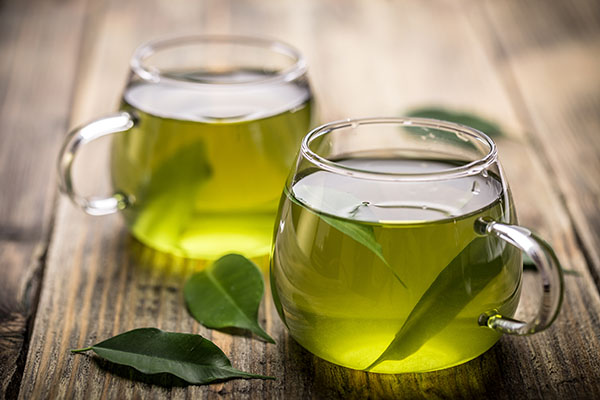Validated by JAMA, Proven by Tradition, and Backed by 100+ Therapeutic Applications
(Article republished from
GreenMedInfo.com)
The Proverb That Refused to Die--Now Confirmed by Peer-Reviewed Science
"An apple a day keeps the doctor away." A sweet bit of folk wisdom? Certainly. But thanks to a peer-reviewed study published in
JAMA Internal Medicine, this timeless aphorism has now been granted scientific legitimacy--albeit with a wink and a nudge.
The 2015 study, published ironically on April Fool's Day, analyzed 8,399 adults. Its core finding? Apple eaters--defined as those who consumed at least one small apple (~149g) daily--were significantly more likely to avoid
prescription medications, though not necessarily fewer doctor visits once adjusted for confounders
1. The researchers concluded, tongue-in-cheek, that perhaps "an apple a day keeps the
pharmacist away."
But beneath the levity lies a sobering implication: if apple consumption reduces pharmaceutical dependency, then its health impact could be far more profound than the authors dared to acknowledge.
Polypharmacy: The Hidden Plague the Apple Might Help Prevent
Let's be clear: reducing prescription drug use is not a minor matter. Adverse drug reactions from
correctly prescribed medications kill over
100,000 Americans each year--placing iatrogenic deaths among the top five leading causes of mortality in the U.S.
2. When you include medication errors, hospital infections, and unnecessary procedures, estimates of annual deaths from medical interventions balloon to
over 225,000 annually
3.
In fact, as explored in the GreenMedInfo article,
"Has Drug-Driven Medicine Become a Form of Human Sacrifice?", this isn't just a public health crisis--it is a sociocultural phenomenon of systemic harm masked as care. The author draws a stark but justified comparison between modern polypharmacy and ritualized harm, arguing that drug-based interventions have become a normalized form of "acceptable" casualties--sacrificing the vulnerable on the altar of pharmaceutical orthodoxy.
In that context, the apple's power to reduce the need for medication isn't quaint--it's radical. And potentially life-saving.
Apples Are More Than Food--They Are Information
To reduce the apple to calories, carbs, or fiber is to miss its most extraordinary dimension. Whole foods like apples are
biologically intelligent, rich in
polyphenols, enzymes, bioactive RNAs, and exosomes--molecular messengers that interact with human gene expression. In
REGENERATE: Unlocking Your Body's Radical Resilience, I explain how foods like apples
carry epigenetic instructions, activate regenerative pathways, and even influence
stem cell behavior.
In fact, all apples are known to contain
immortal plant stem cells called meristematic cells, which have been long prized in gemmotherapy for their regenerative properties, and which help the body maintain resilience even when faced with immense adversity.
For those who want to
dive deeper into this regenerative paradigm, I invite you to read a
free chapter of REGENERATE here:
regenerateproject.com/book/regenerate-free-chapter
Or join my
free online masterclass exploring the intersection of quantum biology, nutrition, and radical self-healing:
regeneratemasterclass.com
Over 100 Evidence-Based Benefits of Apples--Not Just Hype
The GreenMedInfo.com database catalogs over 100 evidence-based applications of apples in preventing and even reversing disease. Here are 10 of the most clinically significant:
- Atherosclerosis - Apple polyphenols reduce arterial plaque, improving cardiovascular health4.
- Neuroprotection - Apple juice and polyphenols reduce oxidative stress and support memory5.
- Liver Detoxification - Apples combat fatty liver and improve liver enzyme profiles6.
- Cancer Inhibition - Apples show anticancer effects in breast, liver, colon, and stomach cancers7.
- Weight Regulation - Apple polyphenols reduce visceral fat and support healthy metabolism8.
- Ulcerative Colitis - Apple compounds alleviate inflammation and improve gut flora9.
- Advanced Glycation End-Products (AGEs) - Apples protect against sugar-related cellular aging10.
- Diabetes Complications - Apples reduce blood glucose and insulin resistance markers11.
- Antimicrobial Action - Apple-derived compounds inhibit S. aureus, E. coli, and H. pylori12.
- Radiation Detoxification - Apple pectin has been used to reduce radioactive cesium post-Chernobyl, and may have been responsible for saving thousands of lives among those afflicted by fall out13.
Read more at:
GreenMedInfo.com
 Parler
Parler Gab
Gab










